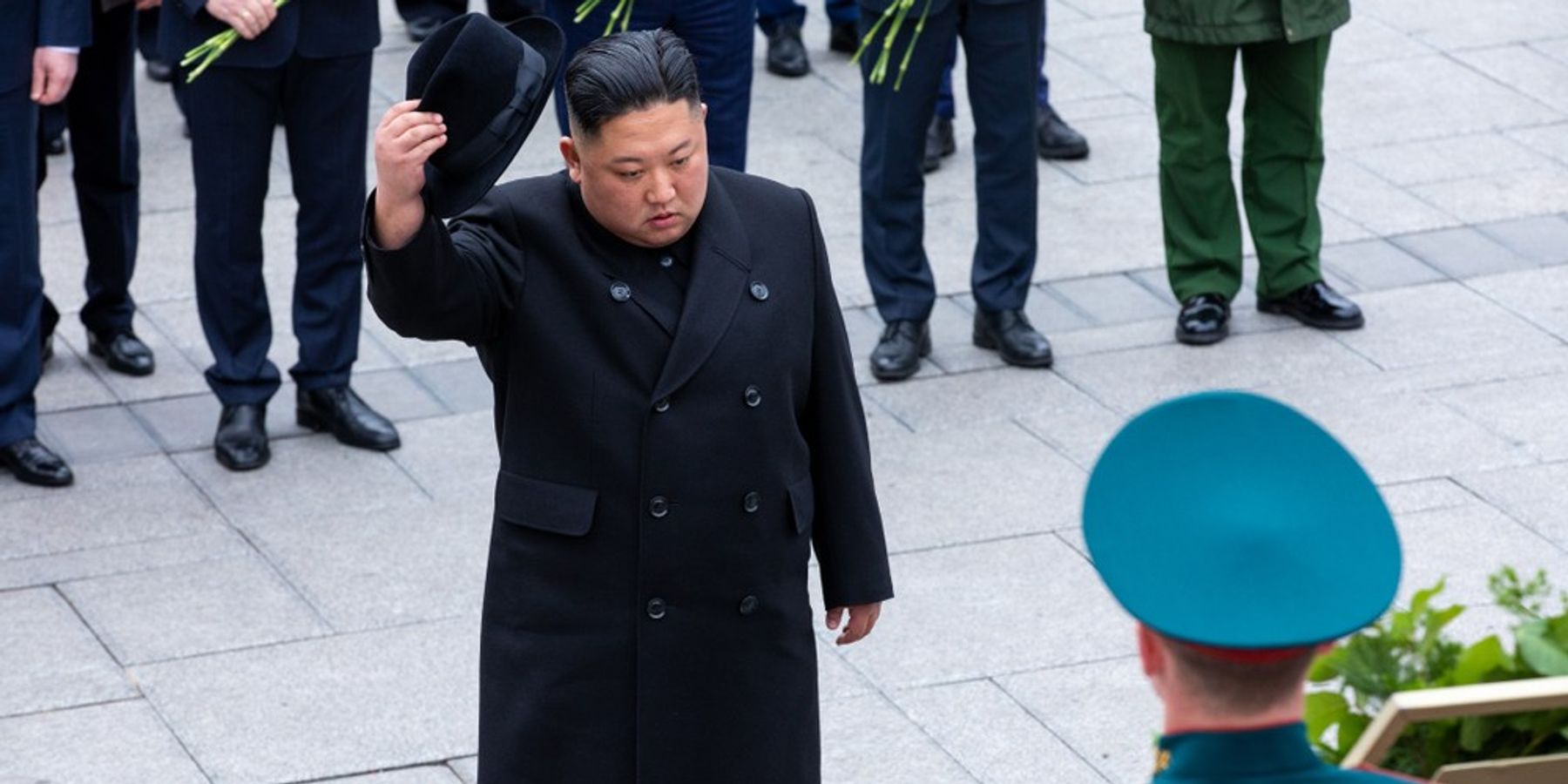North Korea may carry out its seventh nuclear test to coincide with the U.S. presidential election, according to a briefing South Korean lawmakers received from their National Intelligence Service (NIS).
The last North Korean nuclear weapon test was in September 2017 during the heightened tensions between Washington and Pyongyang that year. A new test would be viewed as a serious provocation in Washington, Seoul, and Tokyo, and it would almost certainly be a warning to the next administration that the U.S. will have to pay more attention to North Korea in the years ahead.
If the test does take place this fall, it will be a reminder of the consequences of Trump’s failed North Korea policy and an indictment of the Biden administration’s neglect of this issue. Another North Korean nuclear test should force Washington to rethink U.S. policy and make a renewed push for an arms control agreement with the DPRK no matter who wins the election in November.
Ever since the failed Hanoi summit in 2019, there has been no real U.S. attempt to resume diplomatic engagement with North Korea. For the remainder of Trump’s presidency, the issue was put on the back burner, and it remained there for the duration of Biden’s term. Aside from a few initial probes by U.S. officials shortly after Biden took office, there has been no interest in the White House in reopening negotiations.
Instead, it’s been the usual mix of sanctions and threats with predictably poor results. According to the same NIS briefing that mentioned the possible nuclear test, North Korea has amassed enough plutonium and highly enriched uranium to build dozens more nuclear weapons.
Kim Jong-un was embarrassed by the Trump administration’s refusal to accept his proposal at the Hanoi summit. Kim was never going to agree to Washington’s maximalist demands for the complete elimination of the nuclear weapons program, but he had been prepared to make some real concessions concerning their Yongbyon facility.
According to former Los Alamos National Laboratory director Siegfried Hecker in "Hinge Points: An Inside Look at North Korea's Nuclear Program," the concessions offered at Hanoi were significant: “More importantly…was that without Yongbyon, the North could not produce additional plutonium and tritium, thereby limiting its ability to enhance the sophistication of its nuclear weapons.” By insisting on an all-or-nothing solution, Trump missed a key opportunity to make real progress in limiting North Korea’s nuclear weapons program.
There might be a temptation in Washington to shrug off any new North Korean provocations as more of the same behavior that the U.S. has seen for years, but it would be unwise to be so complacent. In the absence of any constraints on North Korea’s nuclear weapons arsenal, the South Korean government will feel increasing pressure to consider developing their own weapons program.
The U.S. has correctly been discouraging South Korea from doing this, but if there is no credible arms control agreement imposing some limits on the growth and deployment of North Korea’s arsenal there may be no amount of “reassurance” from Washington that will satisfy our ally.
North Korea policy has received almost no attention from the candidates this year, except when Vice President Harris has wanted to criticize Trump for “cozying up” to dictators and Trump mused that Kim Jong-un was missing him. The North Korean government was quick to respond to Trump’s remarks, saying that they “don’t care” if he is elected and that they don’t expect any change from the U.S. The North Korean leadership felt burned by the experience of negotiating with Trump, and it seems that they aren’t eager for a second round.
The party platforms released this summer had very little to say about North Korea, and there was no evidence that either party was seriously contemplating a major diplomatic initiative. The Democratic Party platform touched on Trump’s North Korea record, but only to complain about how he had been “embarrassing the United States on the world stage including by flattering and legitimizing Kim Jong Un, exchanging ‘love letters’ with the North Korean dictator.” There was no suggestion that a new Democratic administration would pursue a different kind of diplomatic approach. The Republican platform said nothing at all about this issue.
Given the candidates’ apparent lack of interest in renewed diplomacy with North Korea, it is unlikely that arms control negotiations would normally be on the agenda for the next administration. If North Korea conducts a new nuclear test, that might be the external shock needed to focus Washington’s attention on this issue and force a serious reconsideration of existing policy. After almost 20 years of trying and failing to “denuclearize” North Korea, the U.S. will need to change course and set less ambitious arms control goals that can be reached.
North Korea’s growing arsenal cannot be ignored for another four years. Regardless of the election outcome, the U.S. does not have the luxury of relying on the same ineffective policy of sanctions and shows of force.
- What Kim Jong Un's big bad weapons blitz really means ›
- Wake up: Pushing de-nuking on N.Korea is a dream with a nightmare ending ›
- Kim Jong Un is nuking up and playing hard to get | Responsible Statecraft ›
















